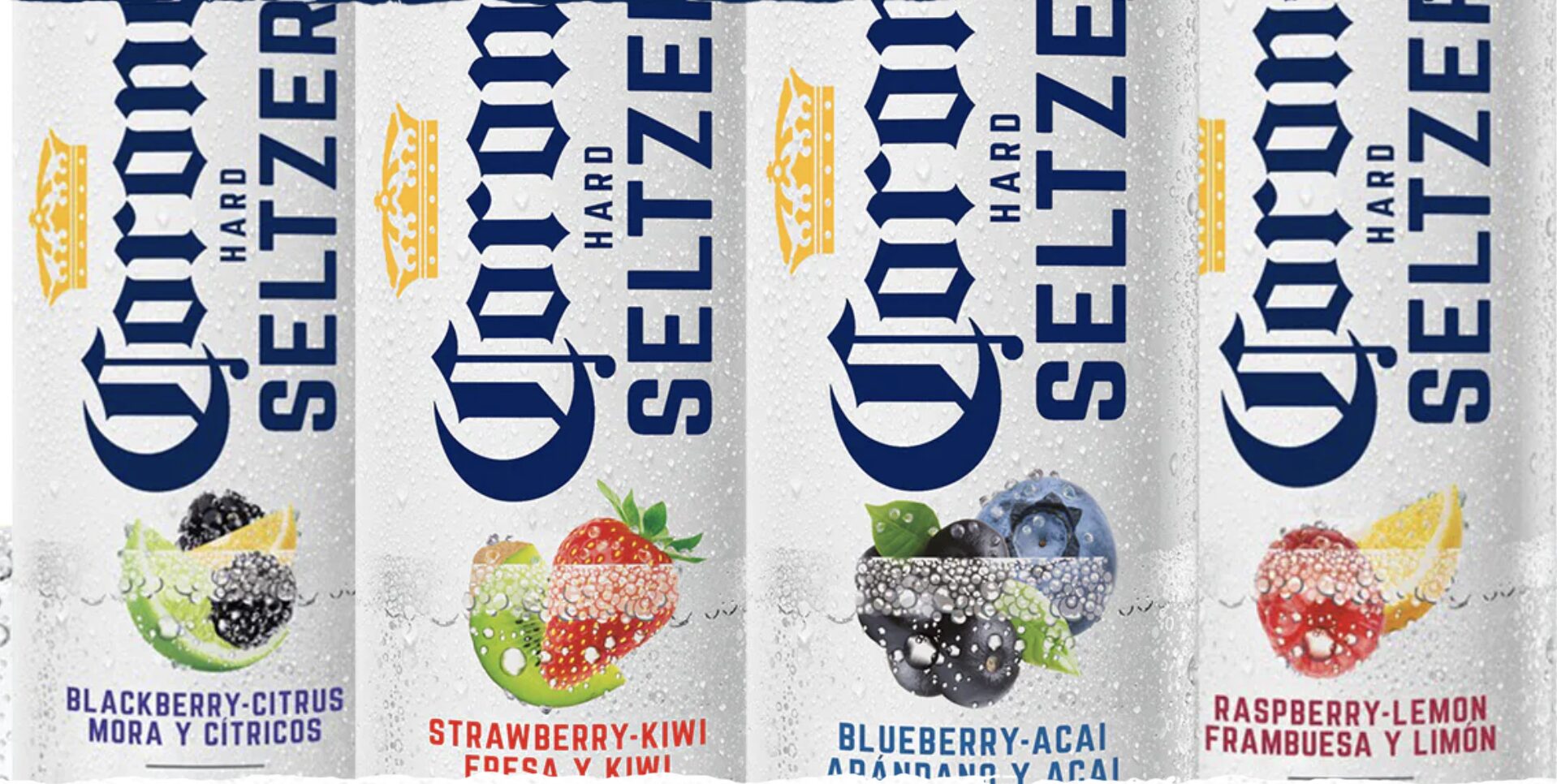Second Circuit Okays Hard Seltzer Sales in Blow to Modelo
“The appellate court ultimately found that both readings of the sublicense were plausible, rendering the relevant language of the contract ambiguous.”
Source:
The U.S. Court of Appeals for the Second Circuit on Monday, March 25, affirmed a district court’s denial of summary judgment to beer company Modelo, owned by AB InBev, which alleged that sublicensee, Constellation Brands, had violated the terms of a licensing agreement to sell Modelo beer products in the United States.
Modelo argued that Constellation violated the sublicense, which defined “Beer” as “beer, ale, porter, stout, malt beverages, and any other versions or combinations of the foregoing, including non-alcoholic versions of any of the foregoing,” by selling hard seltzer products under Modelo’s MODELO and CORONA trademarks. Modelo argued that hard seltzers, which are fermented sugar-based products, were not included in the terms of the sublicense. But the district court found that the definition of hard seltzer was ambiguous and presented issues of fact to be resolved by a jury. The jury ultimately found that Modelo had failed to prove that hard seltzer wasn’t beer as defined by the sublicense. On appeal, Modelo argued the definition was unambiguous as a matter of law.
Modelo argued that “the Sublicense plainly excludes Corona Hard Seltzer because sugar-based hard seltzers are plainly not ‘beer,’ ‘malt beverages,”’or ‘versions or combinations of the foregoing.’” Modelo defined “beer” as “a fermented alcoholic beverage brewed from malt and flavored with hops, while ‘malt beverages’ clearly and exclusively refers to drinks made with malt.” While the Second Circuit opinion said “we assume without deciding that the plain and ordinary meaning of the terms ‘beer’ and ‘malt beverages’ excludes Corona Hard Seltzer,” it added that “the contract adds language that extends the scope of ‘Beer’ to ‘versions’ of beer and malt beverages” and that Modelo’s contention that “a ‘malt-free, hops-flavorless’ beverage cannot plausibly be considered a ‘version[]’” of either beer or malt beverages is “hard to square with the fact that the Sublicense explicitly allows for ‘non-alcoholic versions”’ of beer and malt beverages, even though Modelo’s dictionary definitions uniformly define ‘beer’ as containing alcohol.”
The appellate court ultimately found that both readings of the sublicense were plausible, rendering the relevant language of the contract ambiguous. The district court therefore correctly denied summary judgment, said the opinion.
Modelo also challenged the jury instructions, arguing that the district court “failed to ‘instruct the jury that undefined words in a contract should be given their plain and ordinary meaning’” and that it confusingly told the jury it should ignore reference to any dictionary definition of “beer” and later that it could consider certain regulatory definitions. But the Second Circuit was not convinced, explaining that the district court “focused first on the relevant contractual terms and then any extrinsic evidence of the parties’ intent in the form of ‘the facts and circumstances in which the contract was negotiated and agreed upon.’”
Finally, the Second Circuit rejected Modelo’s bid to overturn the district court’s exclusion of evidence at trial regarding correspondence between Constellation and the U.S.
Department of Justice (DOJ) in 2020 over whether Modelo’s threat to sue over Corona Hard Seltzer violated a 2013 Final Judgment in which Modelo agreed to sell its U.S.-based business to Constellation. The court said admitting the evidence would have risked confusion for the jury and delay, particularly because “admitting DOJ’s finding that Corona Hard Seltzer was not ‘Beer’ under the terms of the 2013 Final Judgment might prompt the jury to defer to DOJ’s views rather than interpret the definition of ‘Beer’ under the Sublicense.” The confusion would have been exacerbated by the need to distinguish for the jury the DOJ’s “clear and convincing” legal standard for prosecution from the preponderance of evidence standard used in court, “and thereby ‘divert[] into an inquiry into an entirely different incident.”
Eileen McDermott
Eileen McDermott is the Editor-in-Chief of IPWatchdog.com. Eileen is a veteran IP and legal journalist, and no stranger to the intellectual property world, having held editorial and managerial positions at […see more]







